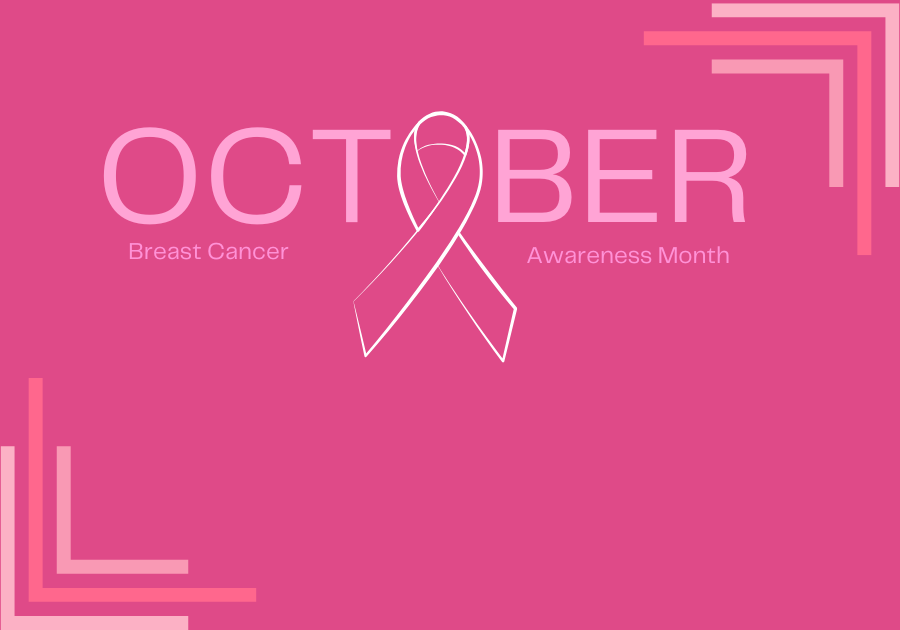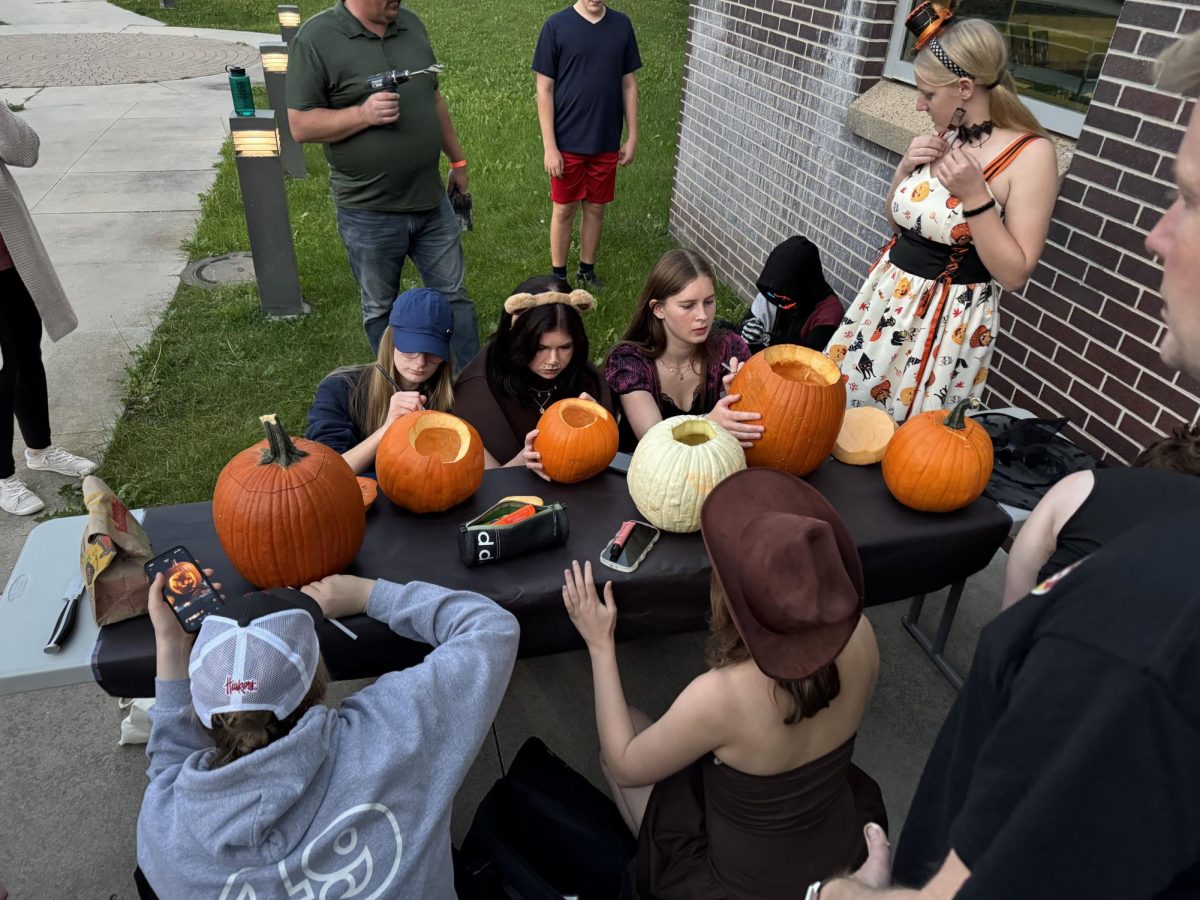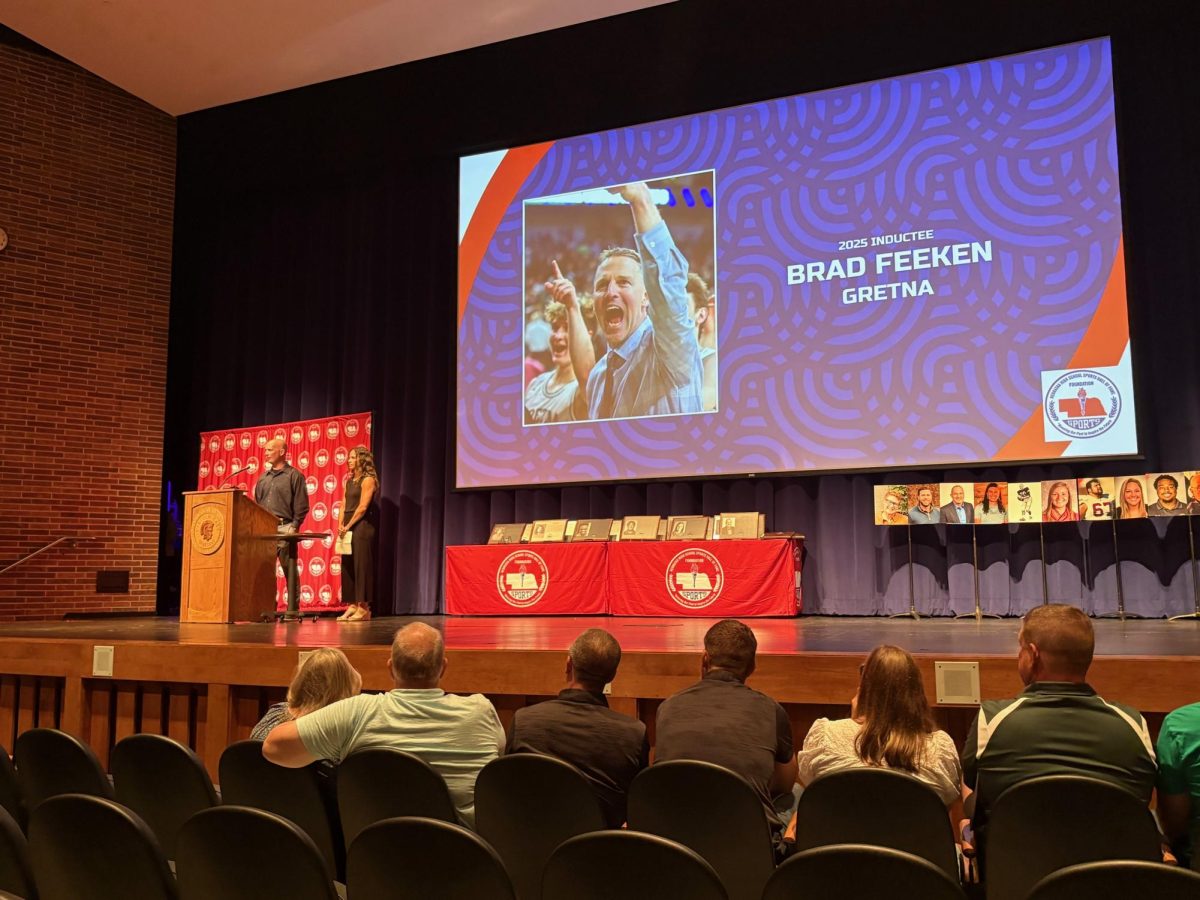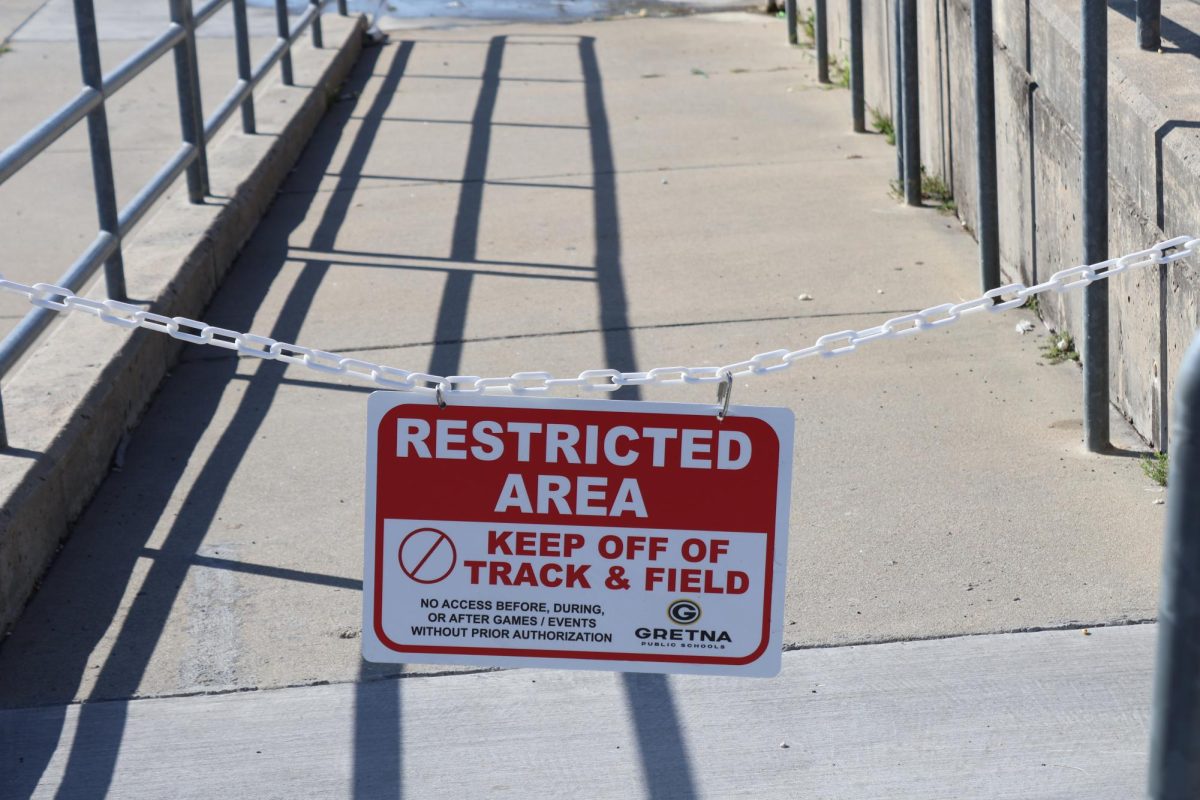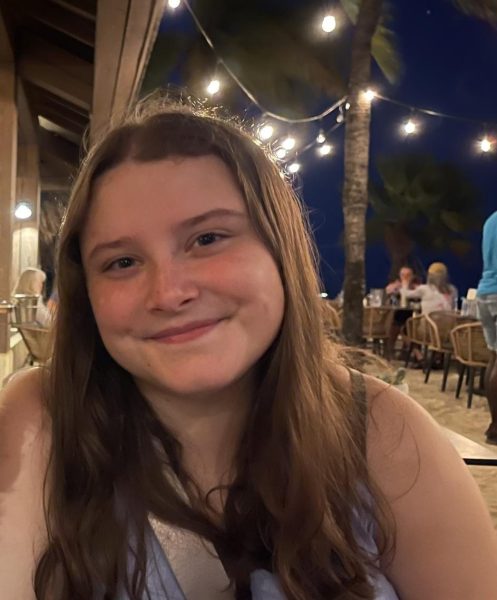As October came to an end, so did breast cancer awareness month. This does not mean the awareness will stop, however. The month heavily educates and supports those affected by the disease. Breast cancer is one the most common cancers that affect women worldwide. According to Breastcancer.org, “Approximately 1 in 8 women in the U.S. will develop invasive breast cancer at some point in their life.” While the statistics seem alarming, awareness and education are the most important to keep a person healthy.
As women get older they become more likely to receive a cancer diagnosis, therefore, any pains in the chest or body, in general, should be checked out. It is recommended that women start annual mammograms at the age of 40 or earlier.
Natalie Moore, the GHS psychologist, is a breast cancer survivor. She was diagnosed in April and finished her last radiation appointment in September. According to her and her doctors, detection is the most important thing.
“Mammograms have a huge role in detection. People do think it is really going to hurt, but it, honestly, was not that bad,” Moore said. Breast cancer does not have to be passed down for you to get it.
There are many different cancer types, but overall breast cancer is when cells in the breast grow out of control. The fast abnormal growth can form a tumor, allowing it to be detected in people. Breast cancer is not just found in women, it can occur in men too but is less common.
There are various types of treatments available: radiation, surgery or chemotherapy. Those three are the most known types, mainly because they are in high demand. However, one unknown treatment option is biological therapy. This type uses the body’s immune system to kill cancer cells. It can prevent a slow tumor growth and reduce the risk of spread.
Additionally, hormonal therapy is used to block cancer cells from getting to the person’s hormones that they need to grow. This technique is used mainly for those with painful tumors; it helps relieve the pain for the patient. Many schools bring awareness to breast cancer during the month of October, including GHS. On Oct. 11, the football theme was pink out, with the entire student section and cheer squad decked out in the color.
There are many ways the Gretna and Omaha communities contribute to research foundations and societies during the month of October. A few include: runs/walks, fundraisers and dinners. On the Breastcancer.org website, there are educational programs to provide additional information on how to perform self-examinations and the importance of scheduling regular screenings, particularly for those at higher risk.


